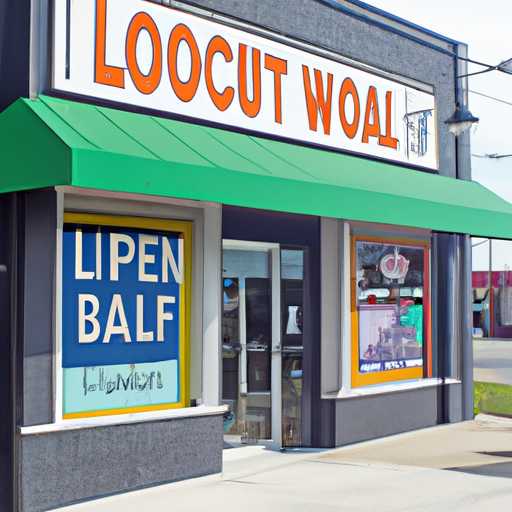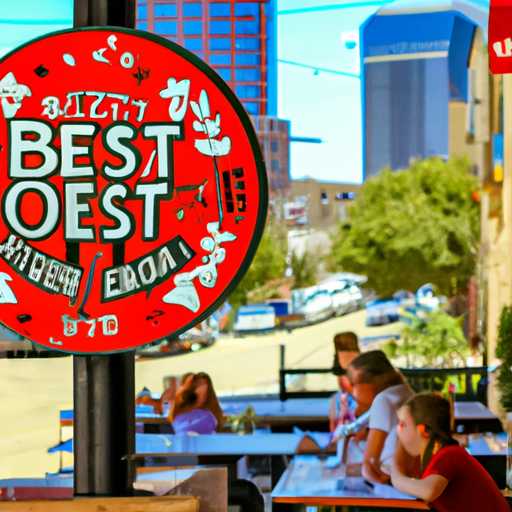Unlocking Local SEO: Strategies for Small Businesses
Discover effective local SEO techniques designed to help small businesses thrive online and attract local customers in your community.

Understanding Local SEO
Local SEO (Search Engine Optimization) is a game-changer for small businesses looking to attract customers in their area. This powerful marketing strategy allows local businesses to be found on search engines when potential customers search for services or products nearby. As more people rely on their smartphones to find local shops, restaurants, and services, mastering local SEO is essential for thriving in today’s digital landscape.Why Local SEO Matters
With the rise of mobile internet usage, local SEO is more crucial than ever. When someone searches for “pizza near me” or “best hair salon in [your city],” search engines like Google return results that are tailored to the user's location. By optimizing your business for local searches, you ensure that your business appears in these results, increasing foot traffic and boosting sales.Local SEO is all about connecting with your community. When your business appears in local searches, you’re not just competing with big brands; you’re putting your name in front of potential customers who are ready to shop. It’s a fantastic way to build your reputation and establish lasting relationships with local consumers.
Key Strategies for Local SEO Success
There are several strategies you can implement to supercharge your local SEO efforts. Here’s a friendly guide to help you get started:
1. Claim Your Google My Business Listing
Your Google My Business (GMB) listing is your online business card. It provides essential information such as your business name, address, phone number, and hours. Make sure to claim, verify, and optimize your GMB listing. This step is crucial, as it helps Google understand your business location and the services you offer. Don’t forget to fill in every section, upload quality images, and encourage satisfied customers to leave reviews!
2. Optimize for Local Keywords
Integrating local keywords into your website content is essential. Think about what your customers might search for. Use tools like Google Keyword Planner to find relevant keywords that include your location. For instance, if you run a bakery in Austin, focus on phrases like “Austin bakery,” “best cupcakes in Austin,” or “fresh bread Austin.” Incorporate these keywords naturally throughout your website’s content, including titles, headings, and meta descriptions.
3. Create Location-Specific Content
Creating content that speaks to your local audience is a great way to boost your SEO. Consider writing blog posts about local events, collaborating with other local businesses, or sharing stories about your community. This not only helps with SEO but also establishes your brand as an integral part of the local scene. Plus, it’s a great way to engage your audience!
4. Build Local Citations
Citations are online mentions of your business that include your name, address, and phone number (NAP). Ensure your business is listed consistently on popular directories like Yelp, Yellow Pages, and Facebook. Consistent NAP information across various platforms signals to search engines that your business is reputable and trustworthy, which can improve your rankings.
5. Encourage Customer Reviews
Positive online reviews can significantly impact your local SEO. Happy customers are more likely to leave reviews, so make it easy for them to do so by providing direct links to your review pages. Responding to reviews (both positive and negative) shows that you value customer feedback and fosters trust, which can encourage more customers to choose your business.
6. Leverage Social Media
Don’t underestimate the power of social media for local SEO! Share your content and engage with your local community through platforms like Facebook, Instagram, and Twitter. Join local groups or pages and participate in discussions. This helps build brand visibility and drives traffic to your website, which can enhance your search rankings.
7. Use Structured Data Markup
If you have some technical know-how, implementing structured data markup (schema.org) can help search engines understand your content better. This extra layer of information can enhance your GMB listing, enabling richer search results that can attract more clicks. This is especially helpful for businesses with specific hours, menus, or locations.Conclusion: Get Started with Local SEO!
Local SEO is an indispensable tool for small businesses looking to thrive and connect with their community. By implementing these strategies, you’re not only boosting your visibility online but also creating meaningful relationships with local customers. Remember, local SEO is an ongoing process, so stay committed, keep your content fresh, and always prioritize your customers’ needs. Get started today and watch your local business flourish!Embrace the power of local SEO, and let it lead you to new heights in your business journey!

Boost Your Blog With the Far-Reaching Power of Internal Linking
Discover how internal linking can maximize SEO benefits, enhance user experience, and improve blog visibility. Learn tips and tricks for effective internal linking strategies.

Boost Your Local Business with Geo-Targeted Keywords
Discover effective strategies for using geo-targeted keywords to enhance local SEO and attract more customers to your business.

Easy Ways to Boost Your SEO with Local Backlinks
Discover simple strategies to enhance your SEO using local backlinks. Elevate your online presence and attract more customers with these tips!